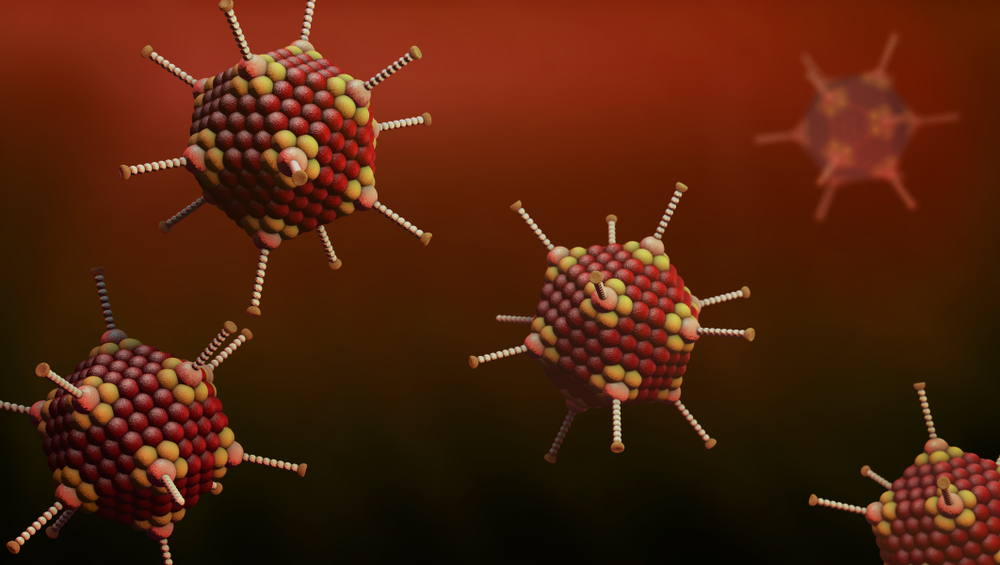CANINE ADENOVIRUS 1 AND 2 ANTIGEN
Canine Adenovirus 1 and 2 antigen has been manufactured for use in the detection of antibodies against CAdV-1 and CAdV-2 for immunoassay development or other applications.
PRODUCT DETAILS – CANINE ADENOVIRUS 1 AND 2 ANTIGEN
- Canine Adenovirus 1 and 2 antigen.
- Native antigen purified from CAdV-1 and CAdV-2 infected A-72 cells.
- The antigen is presented in 50 Mm Glycine Buffer, pH 9, 140 Mm NaCl.
- This material has been UV and detergent inactivated (<0.1% CHAPS).
- For ELISA development or other applications.
BACKGROUND
Several strains of adenovirus exist, but two clinically significant adenovirus types have been identified in dogs: adenovirus type 1 (CAdV-1) and adenovirus type 2 (CAdV-2). They are sometimes mistaken for canine herpesvirus. Both adenoviruses are spread similarly, but the resulting diseases are very different. Canine adenovirus 1 (Canine mastadenovirus A) is a nonenveloped DNA virus, which is antigenically related to CAdV-2. CAdV-1 infection is the cause of infectious canine hepatitis, a severe liver disease in dogs and other canids, including coyotes, foxes, wolves; and in bears. Vaccination has made the disease rare in many countries in which it was endemic. Deaths from infectious canine hepatitis are usually sporadic, although small outbreaks can occur among young dogs in kennels. The mortality rate for clinically expressed ICH is 10-30%. CAdV-2 is a member of the kennel cough complex e.g. a canine-type cold. Kennel cough is produced when more than one virus, bacteria and other multiple pathogens are combined and usually resolves on its own. Death from kennel cough is extremely rare, unless the animal has other serious concurrent conditions that are immune suppressant (terminal cancer, systemic immune deficiency). Viruses are spread from dog-to-dog by interactions through infected respiratory secretions or contact with contaminated feces or urine with higher risk of exposure in shelters, rescue centers, and breeding kennels. Vaccines are available and vaccination against CAdV-2 provides cross-protection for CAdV-1 (Decaro et al., 2008).
REFERENCES
- Decaro et al. (2008). Canine Adenoviruses and Herpesvirus. Veterinary Clinics of North America: Small Animal Practice. Volume 38, Issue 4, Pages 799-814.
- Fenner’s Veterinary Virology (Fifth Edition) 2017, Chapter 10 – Adenoviridae. Pages 217-227.

